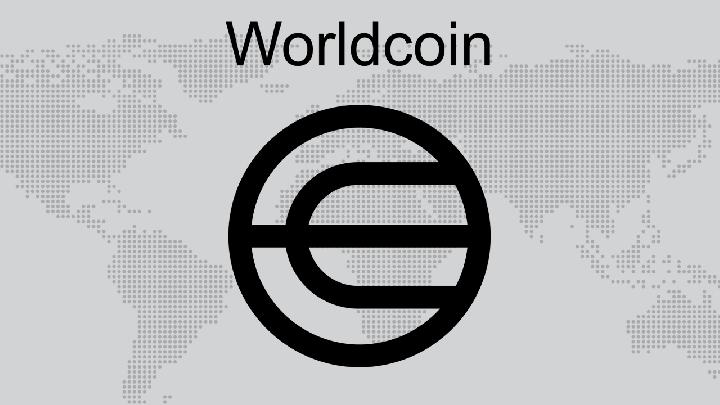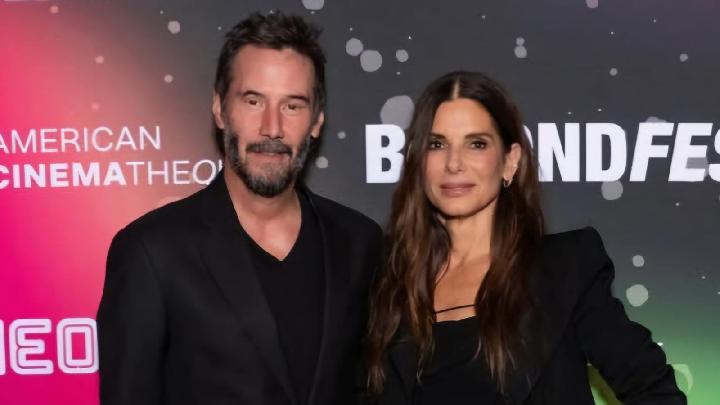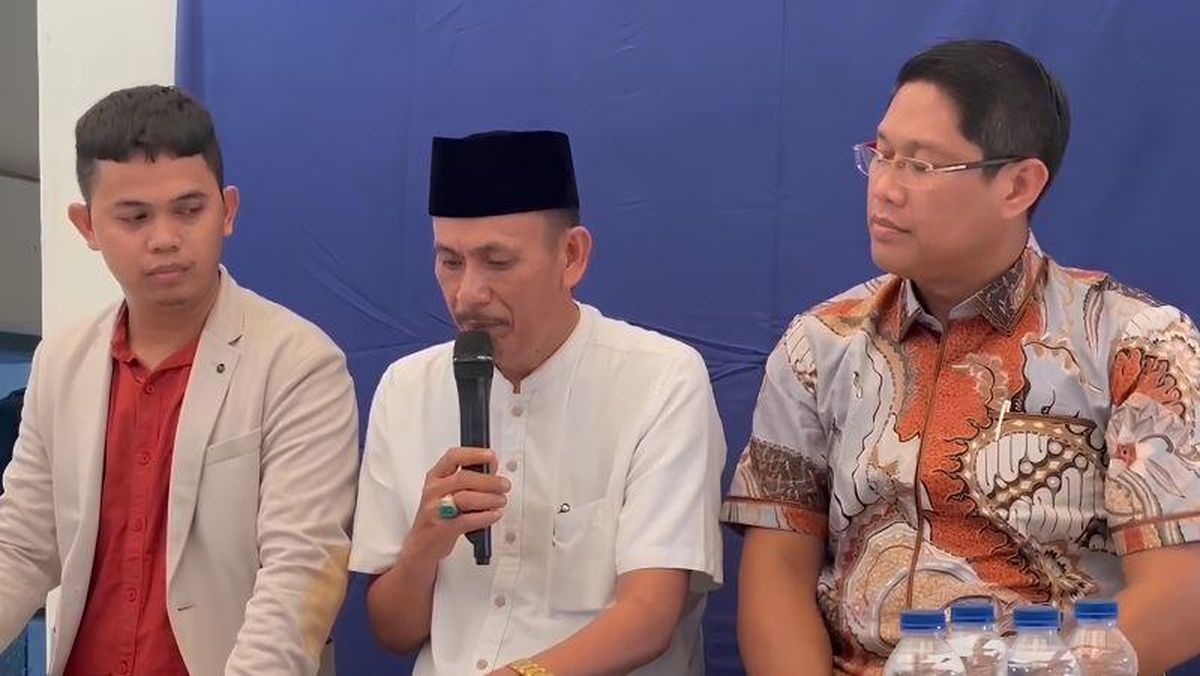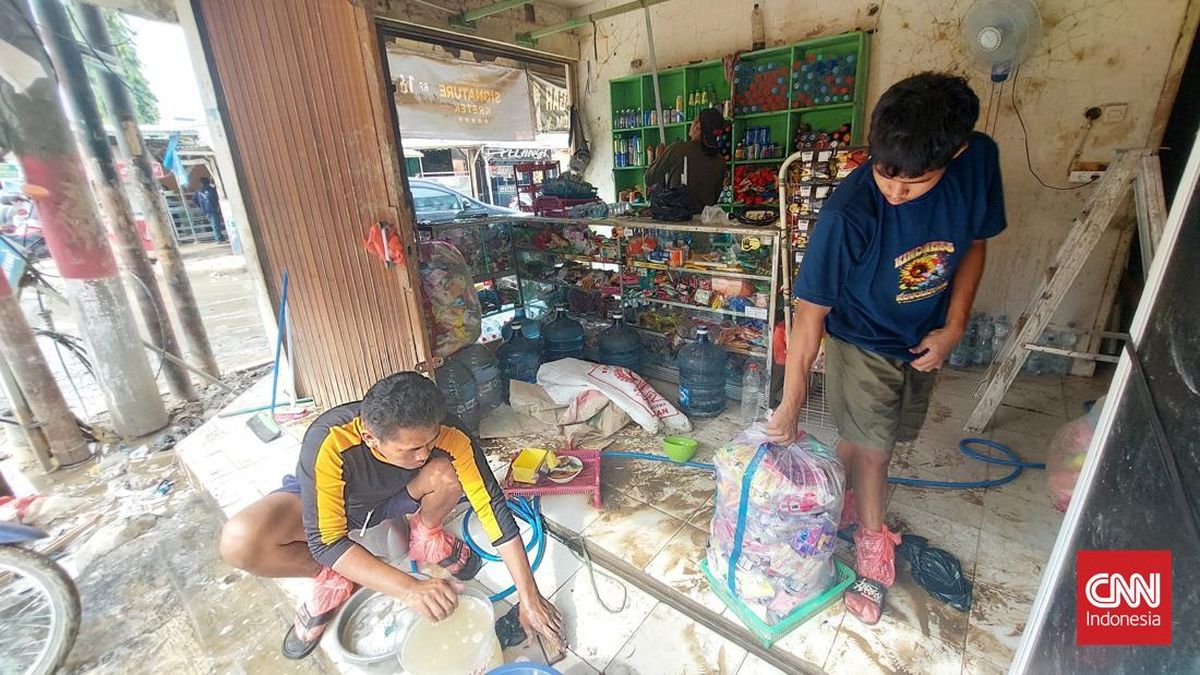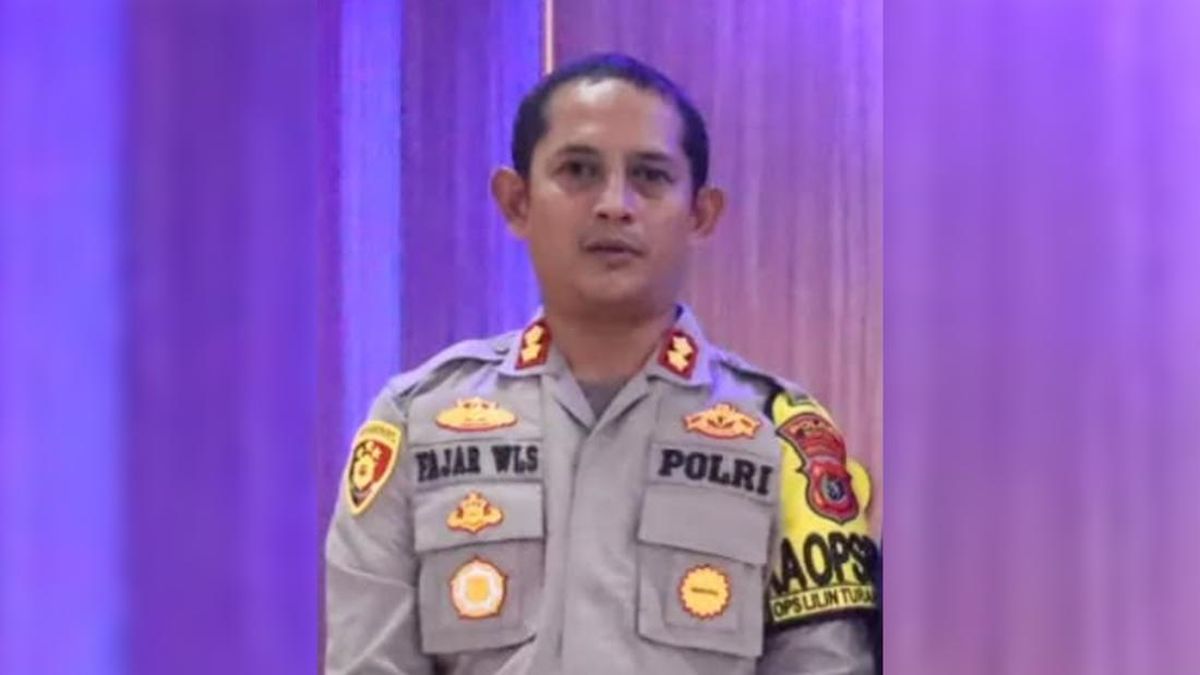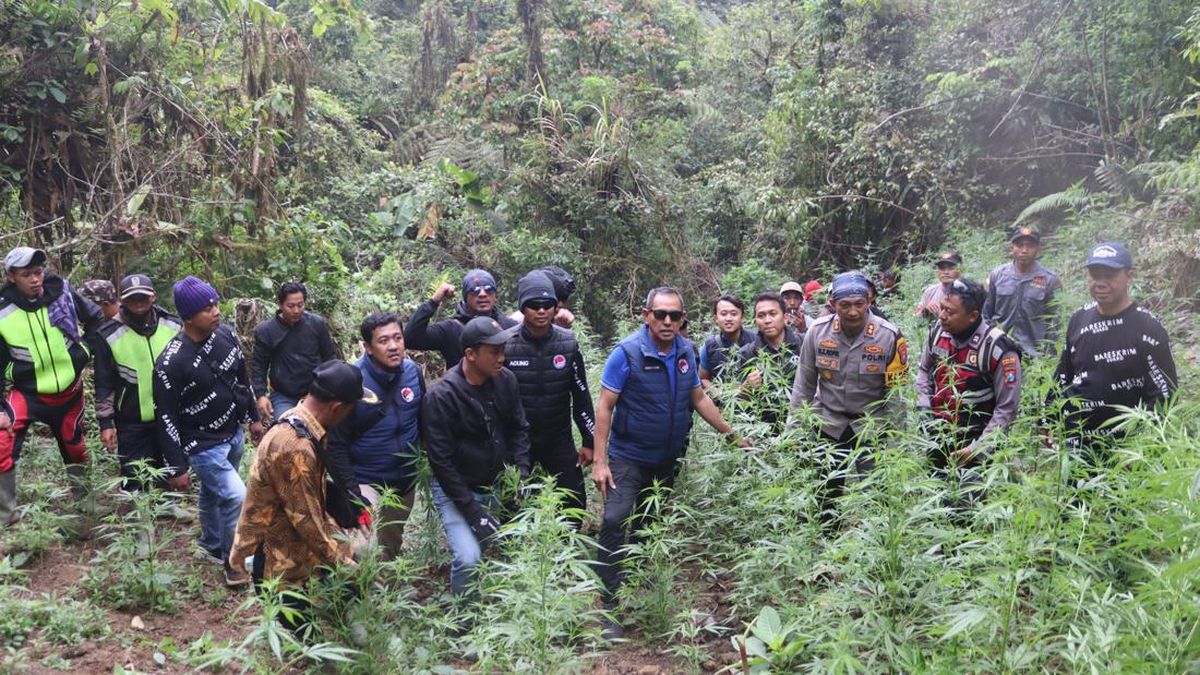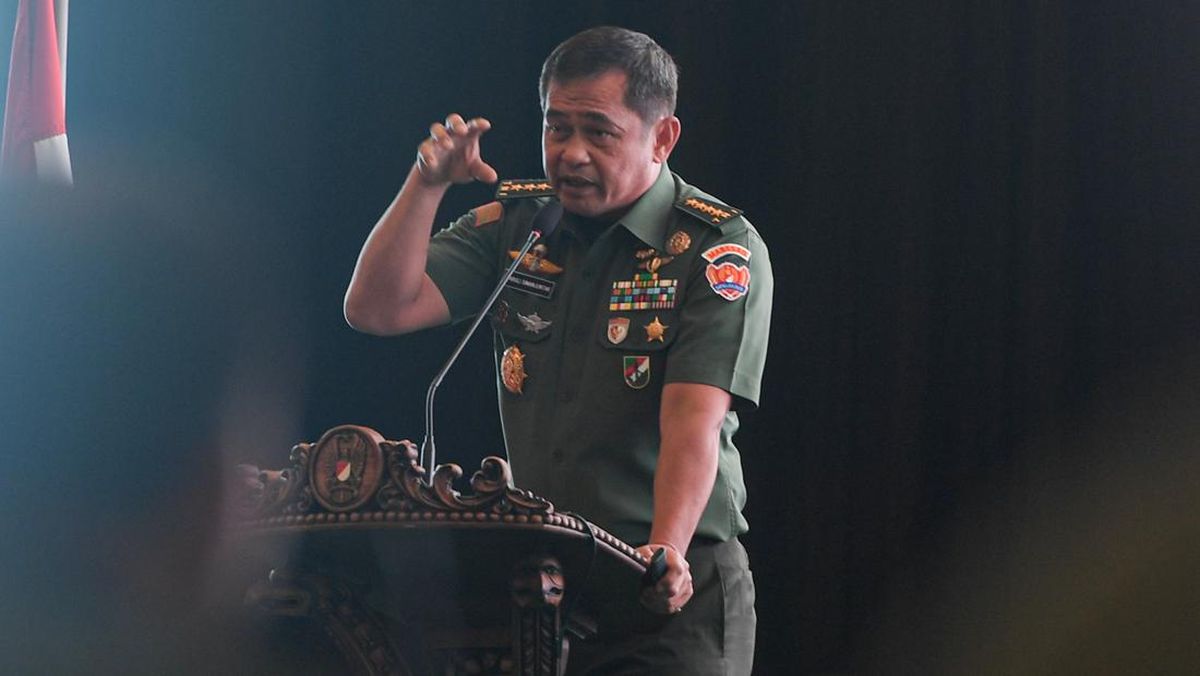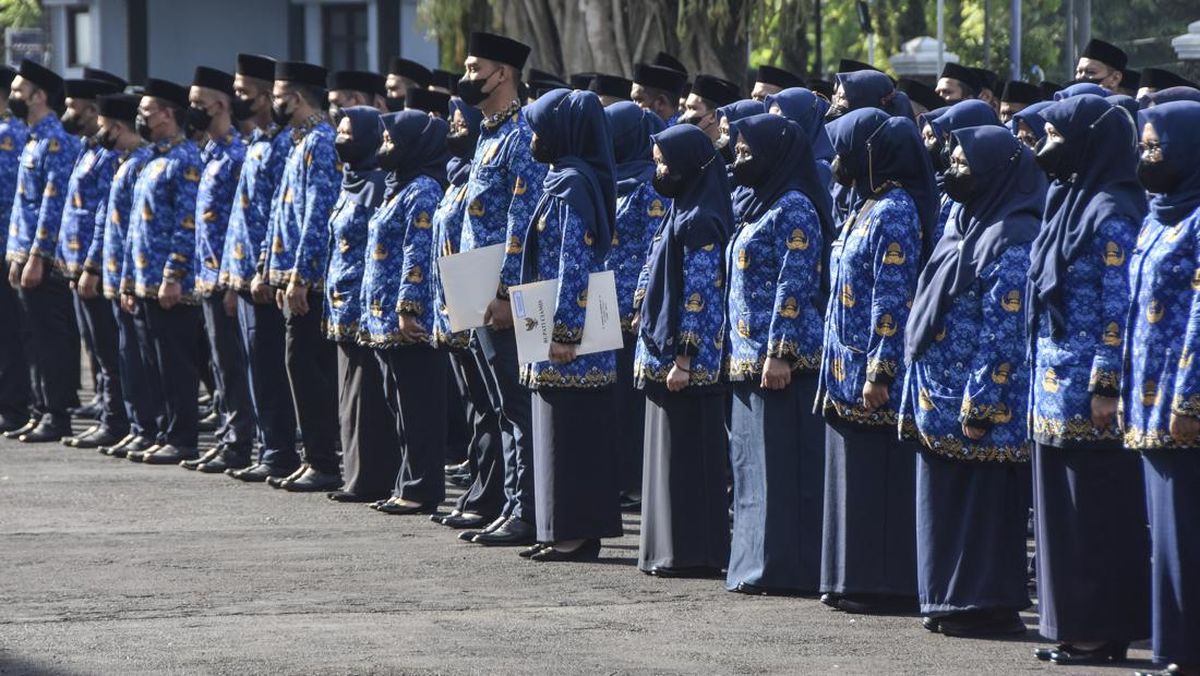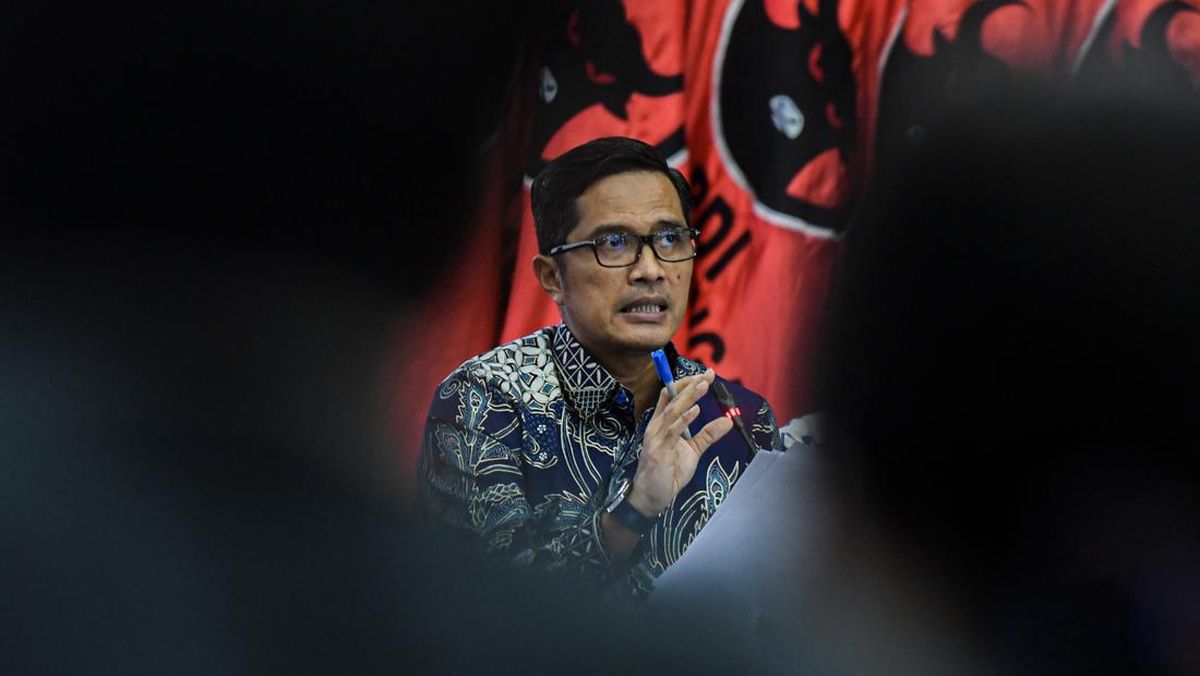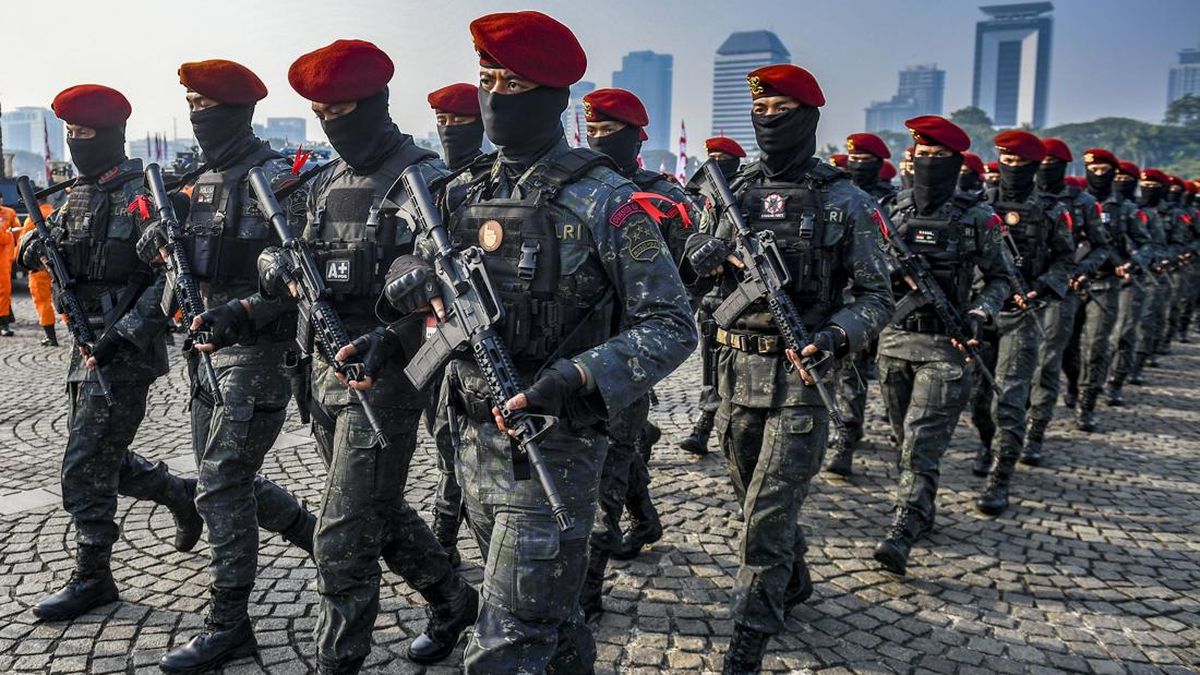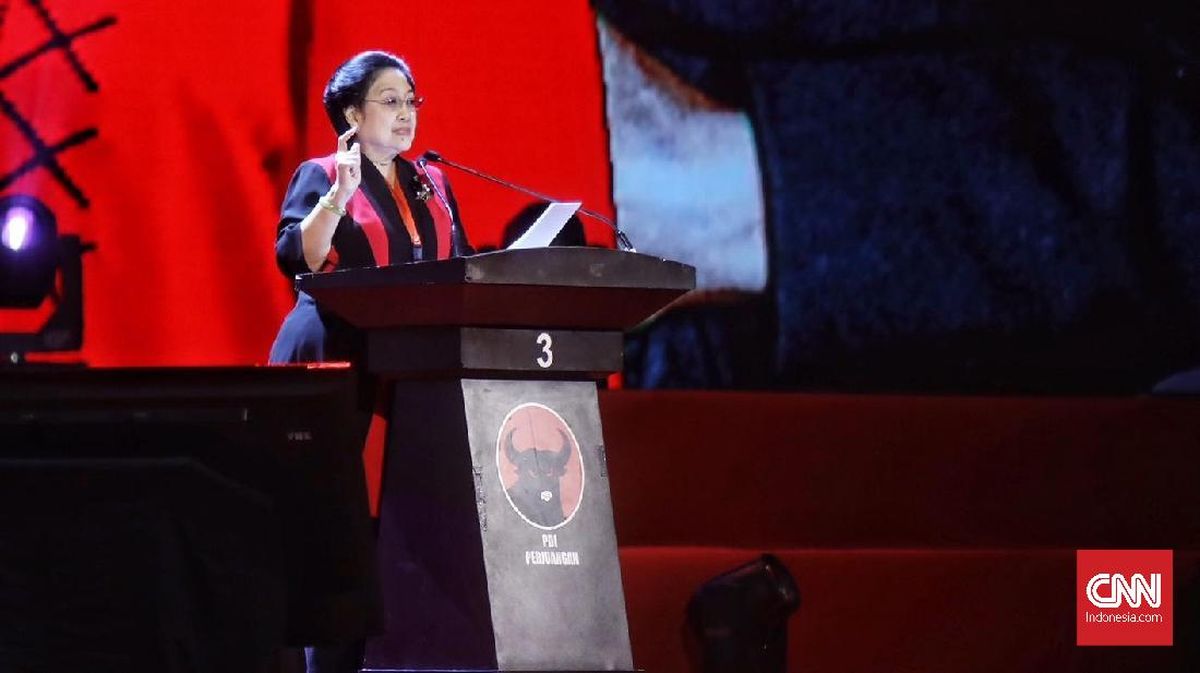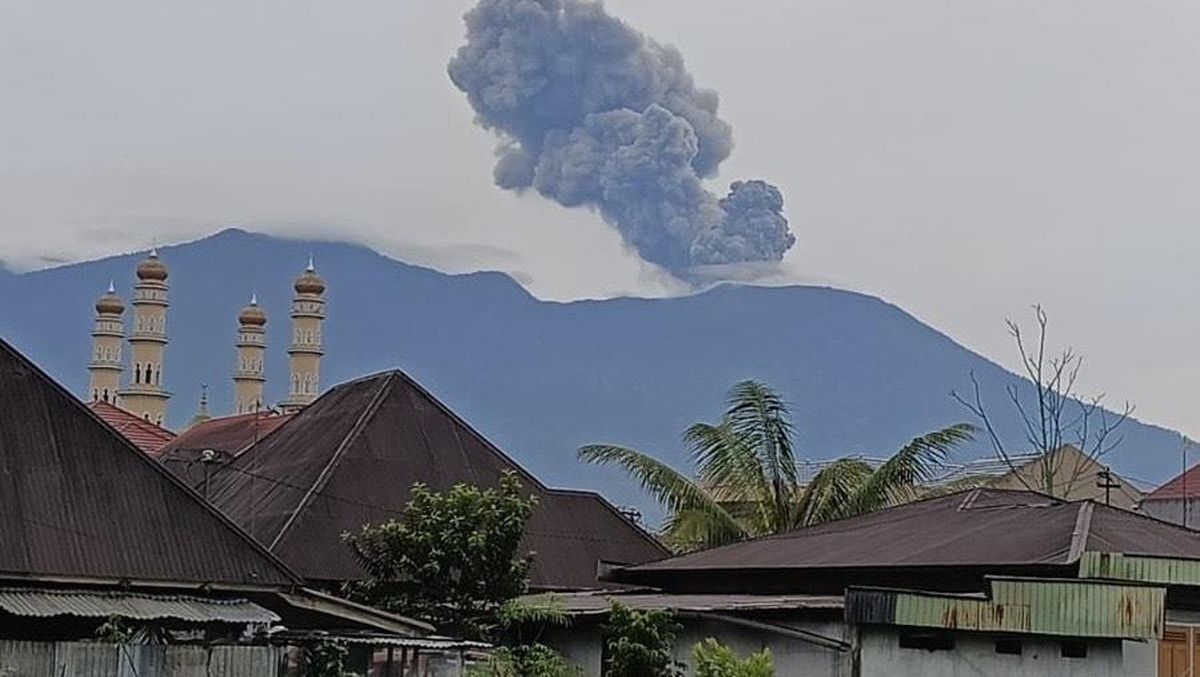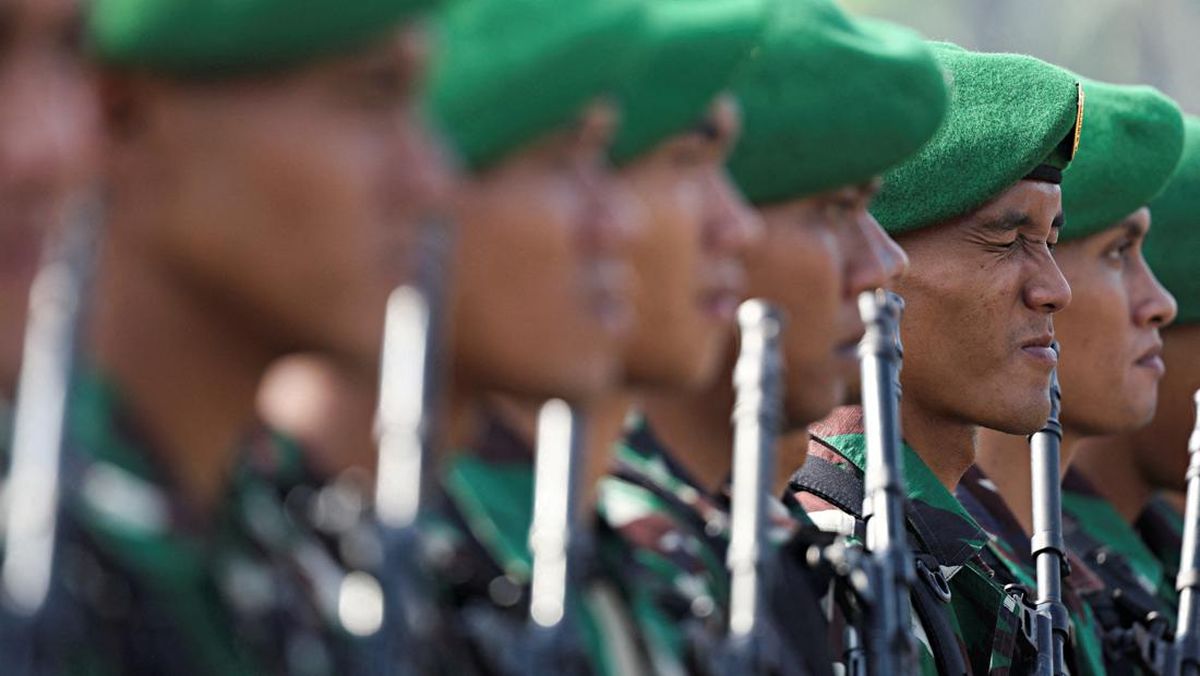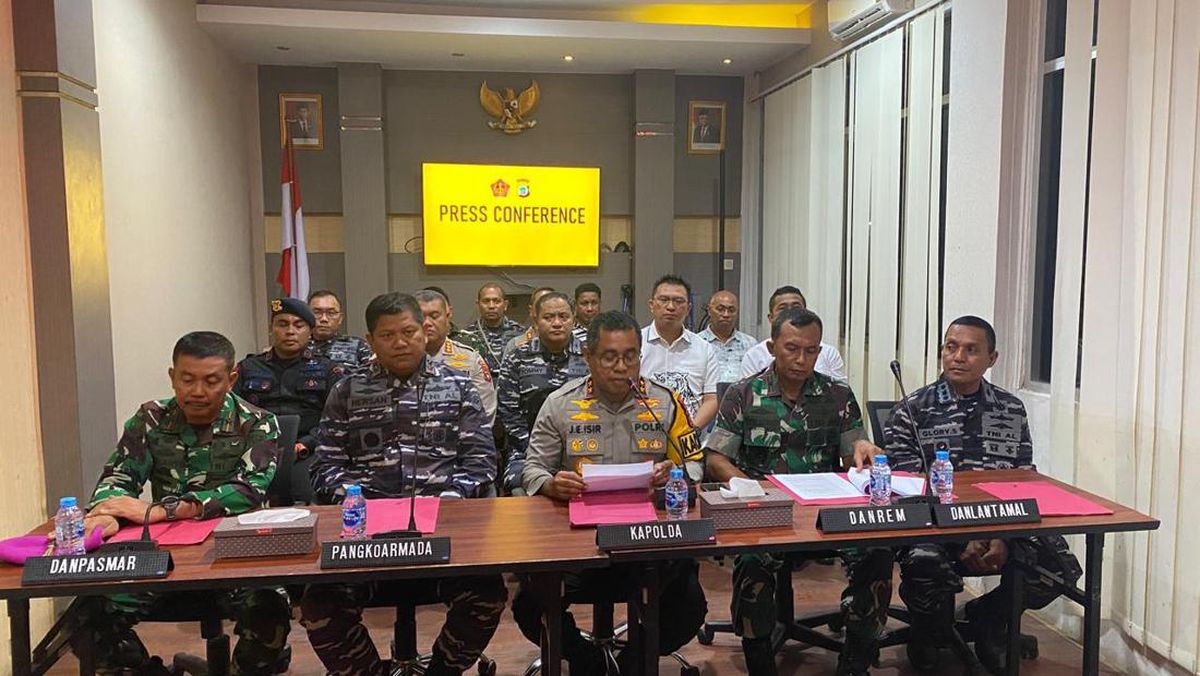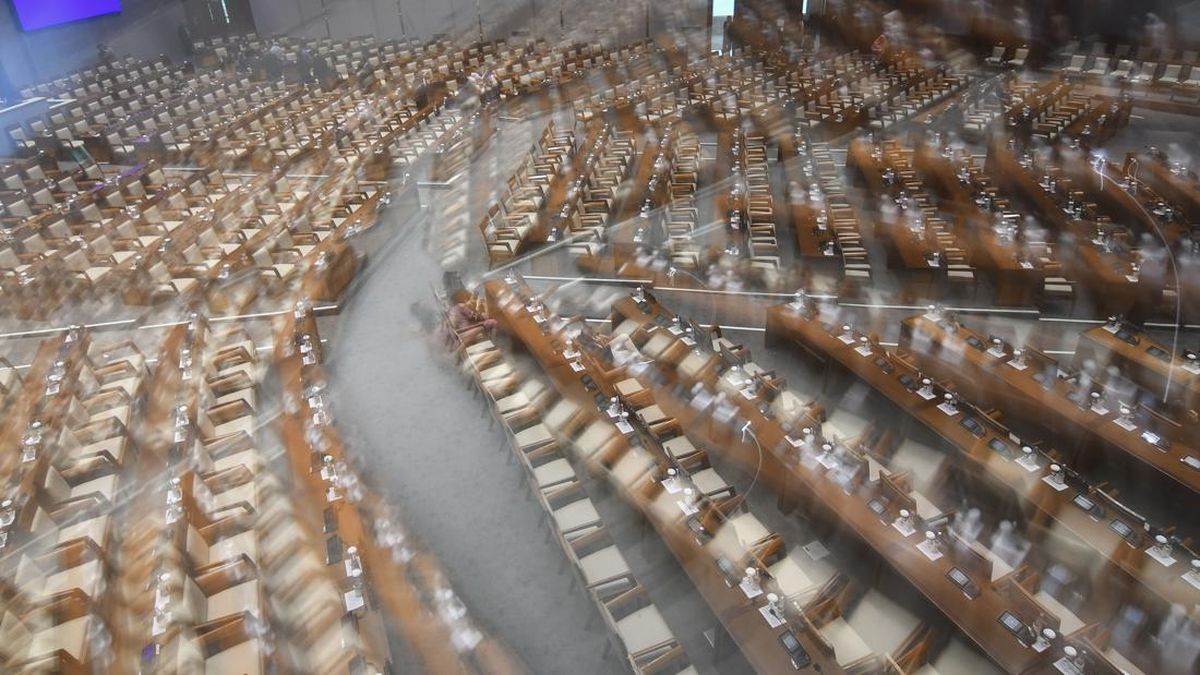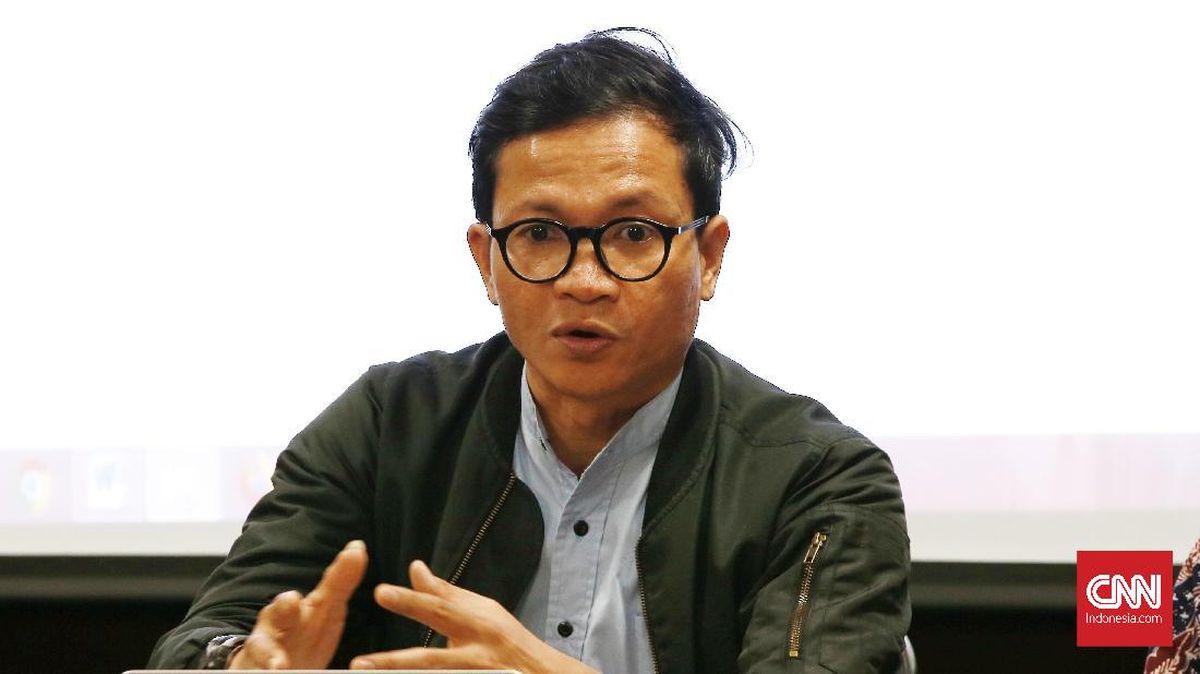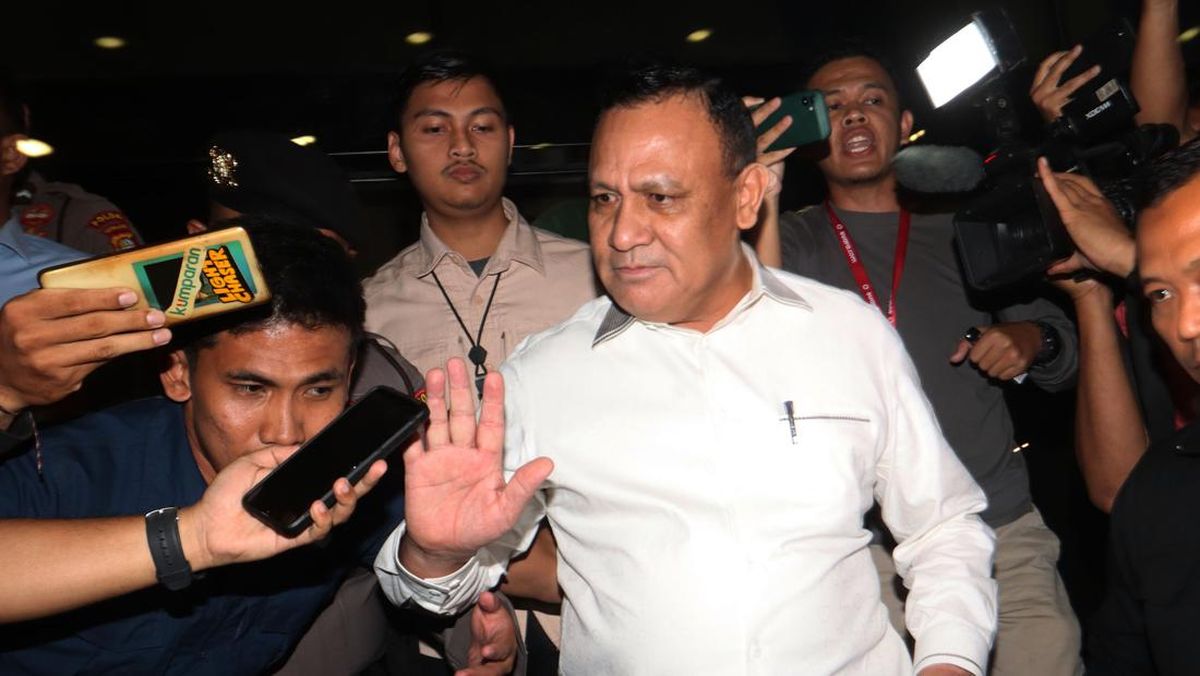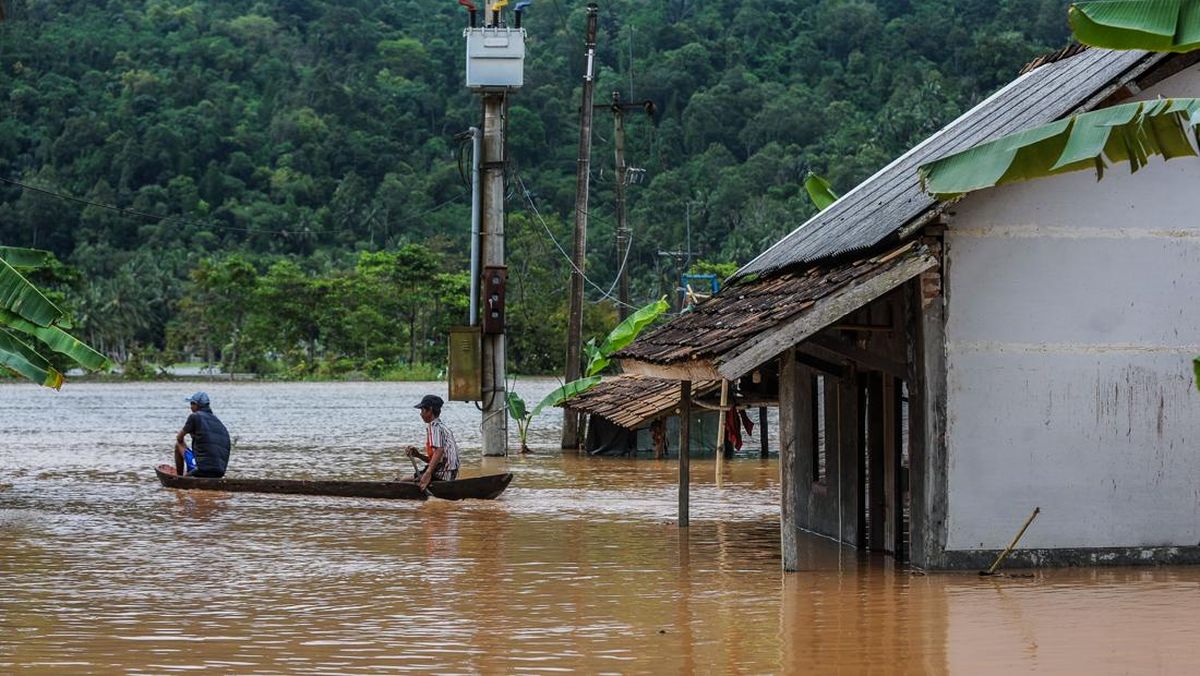Cardinals of the Catholic Church from around the world will gather at the Sistine Chapel, Vatican, to begin the conclave or the process of electing the next pope on Wednesday, May 7, 2025. They will choose a new pope following the death of Pope Francis on Monday, April 21, 2025.
As reported by Vatican News on Wednesday, April 30, 2025, the Council of Cardinals announced that 133 cardinals participating in this conclave have the right to vote for the new pope. This number exceeds the previous conclaves in 2005 and 2013, which were attended by 115 cardinals.
One of the cardinals participating in this conclave is Archbishop of Jakarta Cardinal Ignatius Suharyo. He did not participate in the previous conclave because he was ordained as a cardinal by Pope Francis on October 5, 2019.
In the history of the Catholic Church in the modern era, papal conclaves have resulted in a number of popes who have played various roles in shaping political events in various parts of the world.
1. Pope Pius XII
Pius XII became pope just a few months before the outbreak of World War II. Born in Rome on March 2, 1876 with the name Eugenio Maria Giuseppe Giovanni Pacelli, Pius XII was ordained as pope on March 2, 1939. He was the 260th pope in history.
As reported by Pope History, prior to his papacy, as Cardinal Pacelli, he was involved in various diplomatic efforts with Germany, including signing the Reichskonkordat or the agreement between the Holy See and Nazi Germany on July 20, 1933. This agreement guaranteed the rights of the Catholic Church in Germany and recognized the authority of Germany.
Pope Pius XII sought to maintain the Vatican's neutrality during World War II. He played a complex and significant role in various major political events during his papacy from 1939 to 1958, a period that included World War II, the Holocaust, and the early Cold War.
He strongly opposed totalitarian regimes including Nazism, Fascism, and Communism, and was committed to defending human rights. Pope Pius XII openly condemned Nazi atrocities and religious persecution. He also attempted to mediate peace before the war and acted as a liaison between the German resistance and the Allies during the conflict, although his efforts to prevent or end the war were unsuccessful.
2. Pope John Paul II
Born Karol Jozef Wojtyla in Wadowice, Poland, on May 18, 1920, Pope John Paul II was the 264th pope in history. He led the Roman Catholic Church from his ordination on October 16, 1978, until his death on April 2, 2005.
He is widely regarded as a key figure in the collapse of communism in Eastern Europe, particularly in his homeland. His visits to Poland in 1979 and 1983 inspired the Solidarity movement, fostering religious and national pride and encouraging resistance to communist rule. In his speeches at the United Nations (UN) in 1979, he defended human rights and criticized communism.
His moral support and advocacy for human rights played a crucial role in a broader movement, which led to the fall of the Iron Curtain. He also influenced politics in Latin America and East Asia. His criticism of communism and capitalism shaped debates about democracy and social justice worldwide.
Pope John Paul II did not use traditional political power; instead, he relied on moral authority and direct appeals to the public and leaders to drive political change without violence.
His support for Solidarity and his outspoken criticism of communist oppression played a crucial role in weakening the Soviet Union's influence in Eastern Europe. Later, Soviet leader Mikhail Gorbachev said that the changes in Eastern Europe would not have been possible without the presence of Pope John Paul II.
He also acted as a mediator in international disputes. During the Beagle Channel crisis in 1978 between Argentina and Chile, for example, Pope John Paul II's intervention helped ease military tensions and resulted in a peaceful resolution. His envoy, Cardinal Samore, played a significant role in the negotiations, which led to the eventual agreement signed in Rome in 1984.
3. Pope Benedict XVI
Benedict XVI became the 265th pope, succeeding Pope John Paul II. Joseph Ratzinger, born in Marktl, Germany, on April 16, 1927, was elected pope on April 19, 2005, and reigned until his resignation on February 28, 2013. He is known for his conservative policies and focus on preserving the traditions of the Catholic Church.
As quoted from the National Catholic Reporter edition of May 9, 2007, during the 2004 United States presidential election, as Cardinal Ratzinger, he directed the American bishops not to give communion to Catholic politicians who supported abortion rights, particularly John Kerry.
This intervention was interpreted as an attempt to influence Catholic voters to support George W. Bush, even though the Vatican opposed the Iraq War and the death penalty. Ratzinger argued that issues like abortion and euthanasia carried greater moral weight than war or the death penalty.
Pope Benedict XVI consistently promoted traditional Catholic teachings on abortion, euthanasia, and same-sex marriage. He called on Catholic politicians and civil leaders to reject transient social phenomena and uphold non-negotiable moral truths.
4. Pope Francis
Pope Francis, born in Buenos Aires, Argentina, on December 17, 1936, as Jorge Mario Bergoglio, is the 266th pope in history. He succeeded Pope Benedict XVI, who resigned, and is the first pope from the Jesuit order hailing from the American continent.
Bergoglio was elected as Pope through a Papal Conclave on March 13, 2013, after a conclave that lasted two days. Prior to that, he served as the Archbishop of Buenos Aires since 1998 and was appointed as a cardinal in 2001 by Pope John Paul II.
Pope Francis is known for his humility, empathy, and compassion for the poor, as well as his commitment to interfaith dialogues. He also praised the informal approach to the papacy by choosing to reside at Domus Sanctae Marthae instead of the papal apartments at the Apostolic Palace.
He is an advocate for gender equality and emphasizes the importance of the Church being more open to all communities while combating discrimination. As a former academic, Pope Francis criticized unchecked capitalism, consumerism, and overdevelopment, while advocating a focus on environmental preservation and climate change prevention. He also opposes the death penalty and calls for its global abolition.
In international diplomacy, Pope Francis has played a role in mediating conflicts such as between the United States and Cuba in 2014, as well as the refugee crisis in Europe and Central America. In 2022, he apologized for the Church's role in the persecution and abuse by teachers and administrators of Catholic residential schools in the past against indigenous peoples in Canada.
He has also called for ceasefires and humanitarian actions in ongoing conflicts, such as in Ukraine and Gaza, and has advocated for negotiations and peace, although not without controversy.
Pope Francis has traveled to various countries, including Indonesia on September 3-6, 2024, to meet with world leaders and civil society, and to deliver messages of peace and unity.
Raden Putri Alpadillah Ginanjar and Francisca Christy Rosana contributed to the writing of this article.
Editor's Choice: Sistine Chapel Prepares for the Election of New Pope
Click here to get the latest news updates from Tempo on Google News






